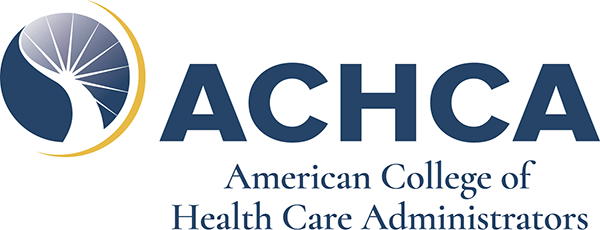Earlier this month, the Center for Medicare and Medicaid Services (“CMS”) issued a final rule repealing its’ prior rule prohibiting long-term care providers (“LTC”) from entering into pre-dispute, binding arbitration agreements with their residents. This change takes effect September 16, 2019 and comes after years of protracted rule-making efforts, public comment, and litigation that began in October 2016 when CMS issued a final rule prohibiting the agreements in nursing facilities and ended up in the U.S. Supreme Court in May 2017.
This new final rule represents a win, albeit a limited one, for the long-term care industry. On one hand, the ability to pursue arbitration represents a real opportunity for facilities to reduce liability and minimize the costs of potential litigation with residents by eliminating discovery, attorneys’ fees, and other related litigation expenses. On the other hand, the final rule contains a number of provisions, intended to protect nursing home residents, which may cause providers concern as they evaluate the benefit of adding these provisions to their Admission Agreements.



